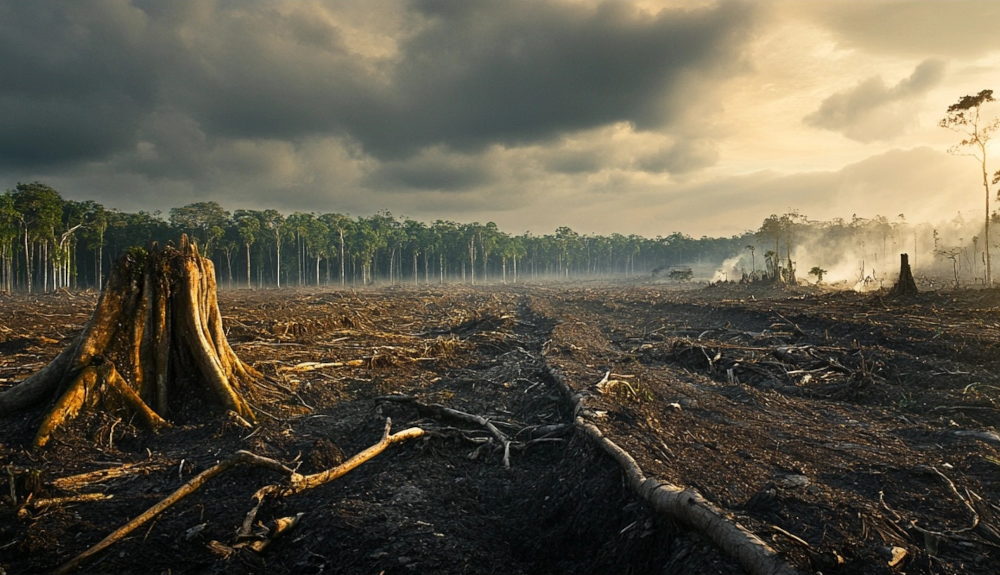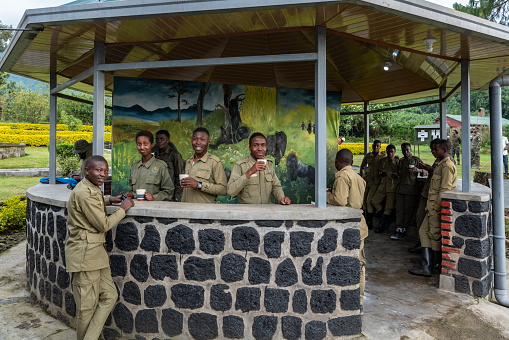Rwanda's Anglican Movement for Global Forest Restoration
Background
Rwanda, often referred to as the “Land of a Thousand Hills,” has faced significant environmental degradation due to deforestation and unsustainable land use practices. In response, This initiative is grounded in a biblical commitment to “care for creation,” aligning with global efforts to combat climate change and promote biodiversity.

Initiative Overview
The Anglican Church of Rwanda launched the forest restoration movement as part of its broader mission to address ecological crises. Working with local communities, international partners, and government agencies, the movement integrates reforestation with social and economic development.
Key Components
Tree Planting Campaigns
Mobilizing congregations and local communities to plant millions of trees annually. The movement has set ambitious targets, contributing to Rwanda’s national goal of achieving 30% forest cover.
Sustainable Practices
Encouraging sustainable agricultural practices to reduce reliance on deforestation for farming and fuel.
Education & Advocacy
Promoting awareness about the importance of forests for climate regulation, water conservation, and livelihoods. This includes integrating environmental education into church programs and sermons.
Global Outreach
Partnering with Anglican churches worldwide to replicate Rwanda’s model, fostering a global network of faith-based environmental action.

Impact
The movement has achieved significant milestones since its inception:
Over 10 million trees planted across Rwanda, contributing to ecosystem restoration and carbon sequestration.
Thousands of community members, particularly women and youth, have been trained in sustainable land management, enhancing livelihoods and resilience.
The movement has inspired Anglican communities in other countries like Uganda, Kenya, and the UK to initiate similar forest restoration projects.
Challenges
Despite its successes, the initiative faces challenges, including:
Limited resources to meet the high demand for seedlings and technical support.
Balancing short-term economic needs of local communities with long-term environmental goals.
Climate variability, which impacts the survival rate of newly planted trees.

Conclusion
The Anglican Church of Rwanda’s forest restoration initiative exemplifies the power of faith-based organizations in addressing global environmental challenges. By combining spiritual motivation with practical action, the movement not only contributes to Rwanda’s ecological recovery but also serves as a model for global efforts. As climate change continues to threaten ecosystems and communities, such initiatives underscore the importance of collective, grassroots action in creating a sustainable future.
Return to the Spiritual Solutions Library.